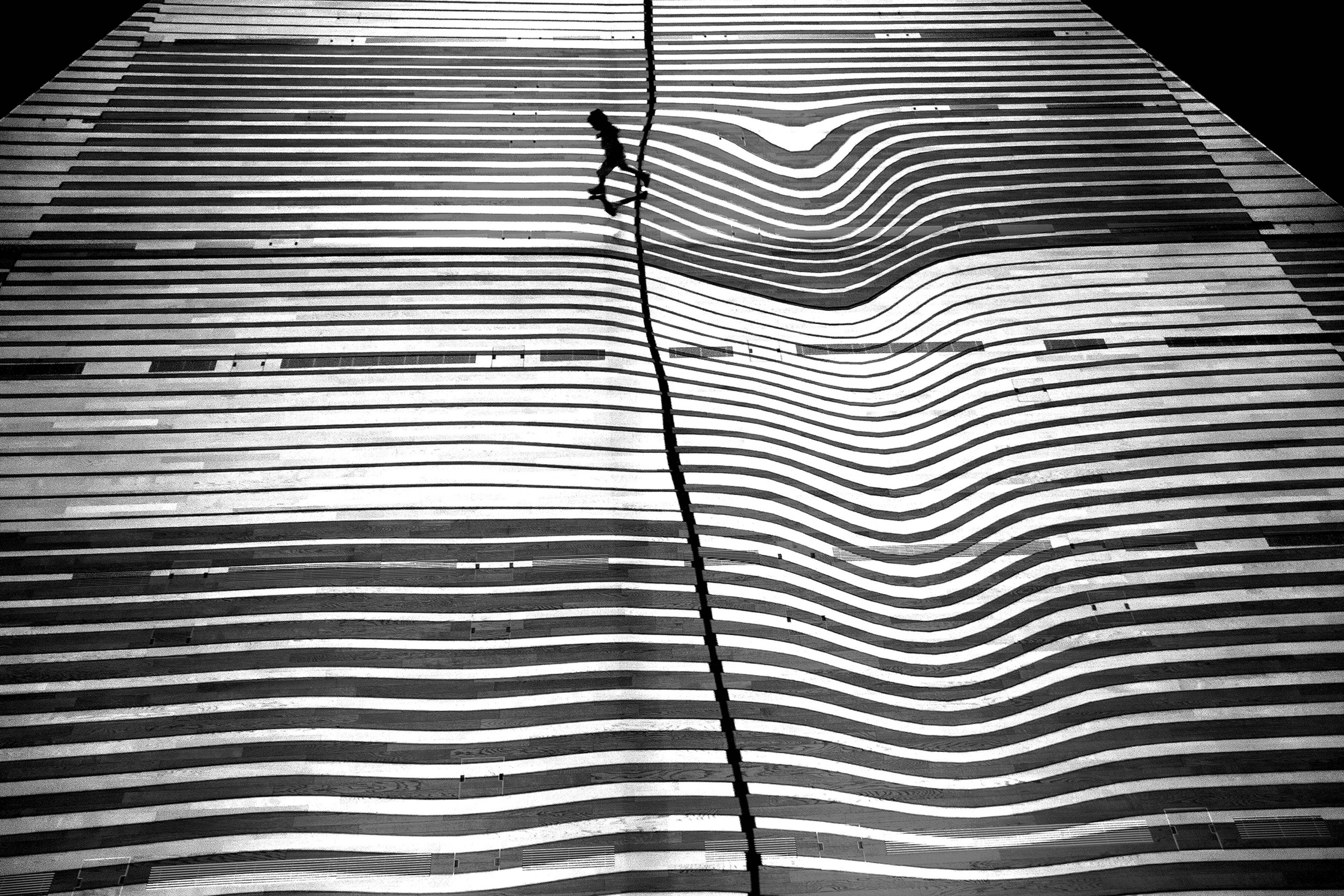
Reality shifting opens portals to the weirdness of our world
It’s easy to denounce ‘reality shifting’ as a shared delusion. But there is value in making the world feel unfamiliar
by Ed Simon

It’s easy to denounce ‘reality shifting’ as a shared delusion. But there is value in making the world feel unfamiliar
by Ed Simon
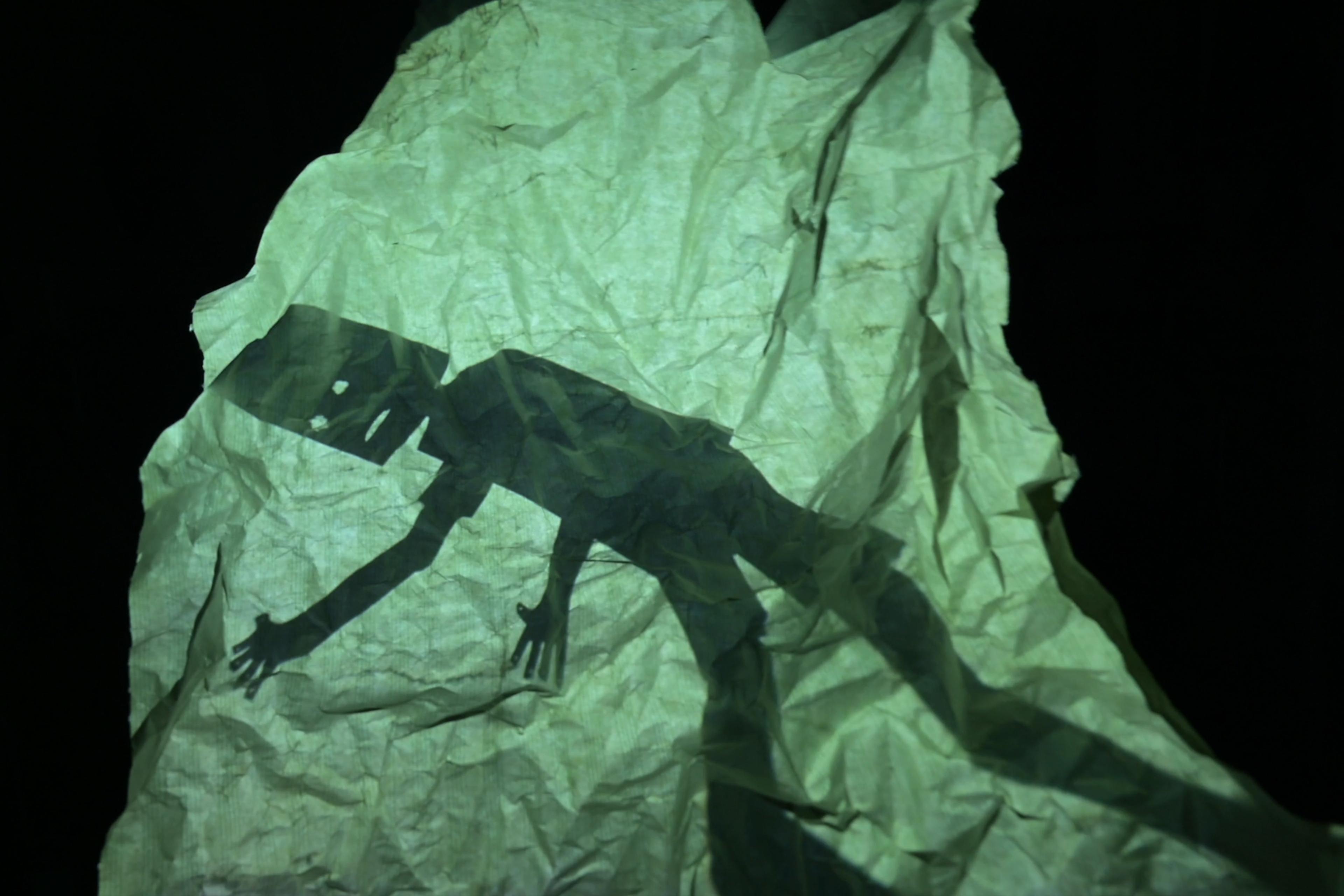
A film by Tony Gammidge

From sport to public speaking, the link between mental imagery and actual performance is undeniable – and you can harness it
by Jonathan Rhodes
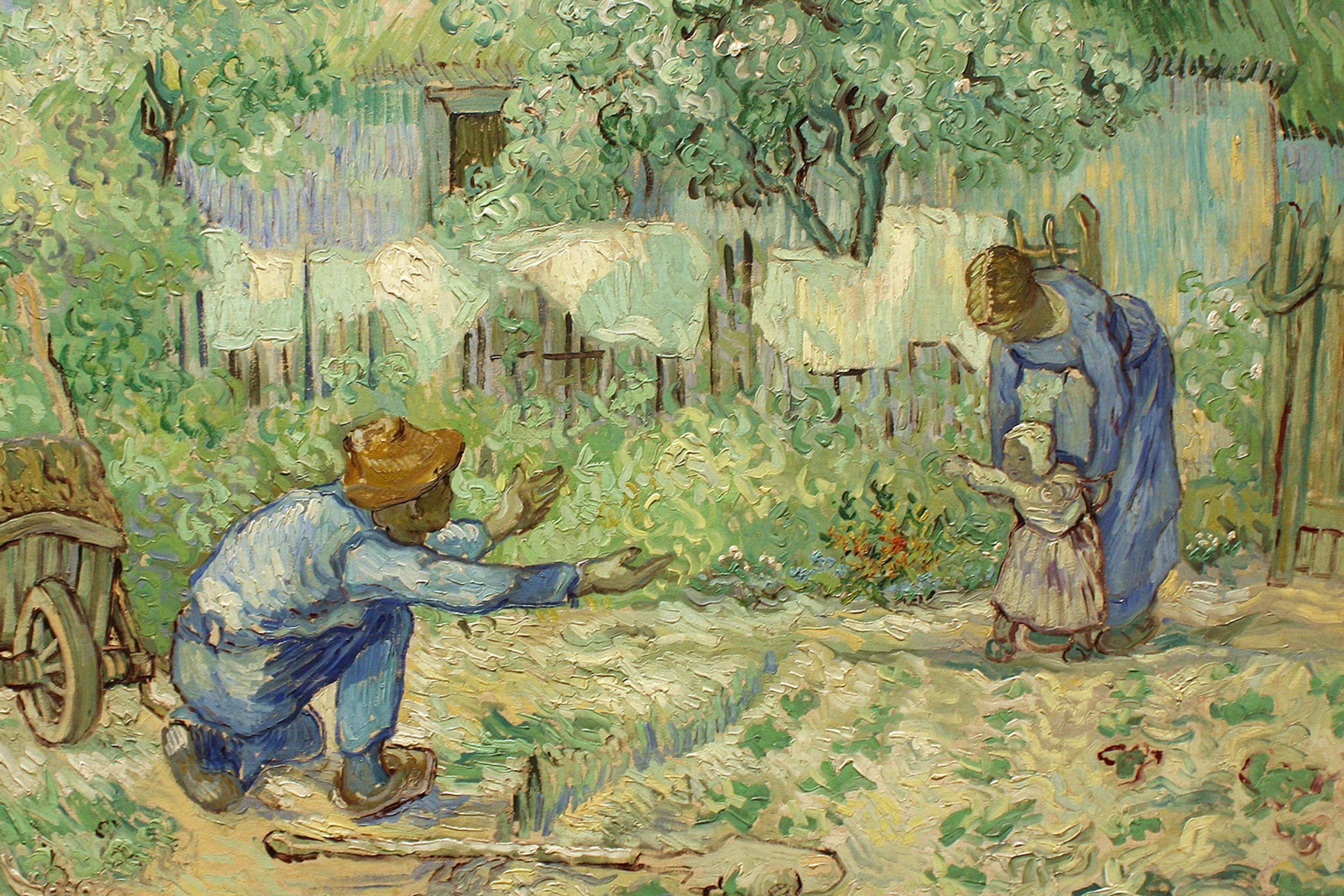
We’re often taught to live according to our values, but this is easier said than done without pausing to reflect deeply
by Valerie Tiberius
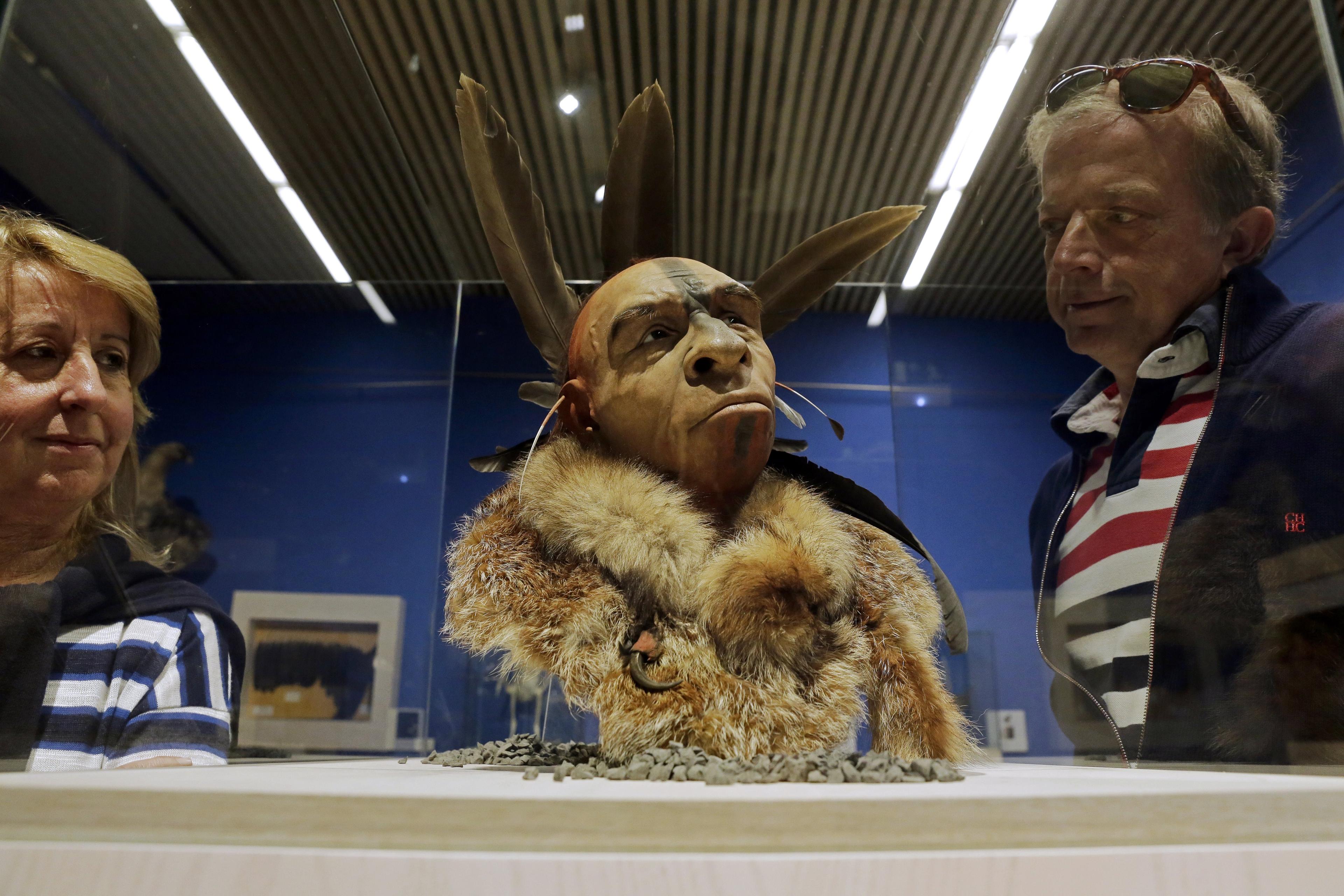
Neanderthals had language, but it differed from ours in an important way that could help explain our superior art and tech
by Steven Mithen
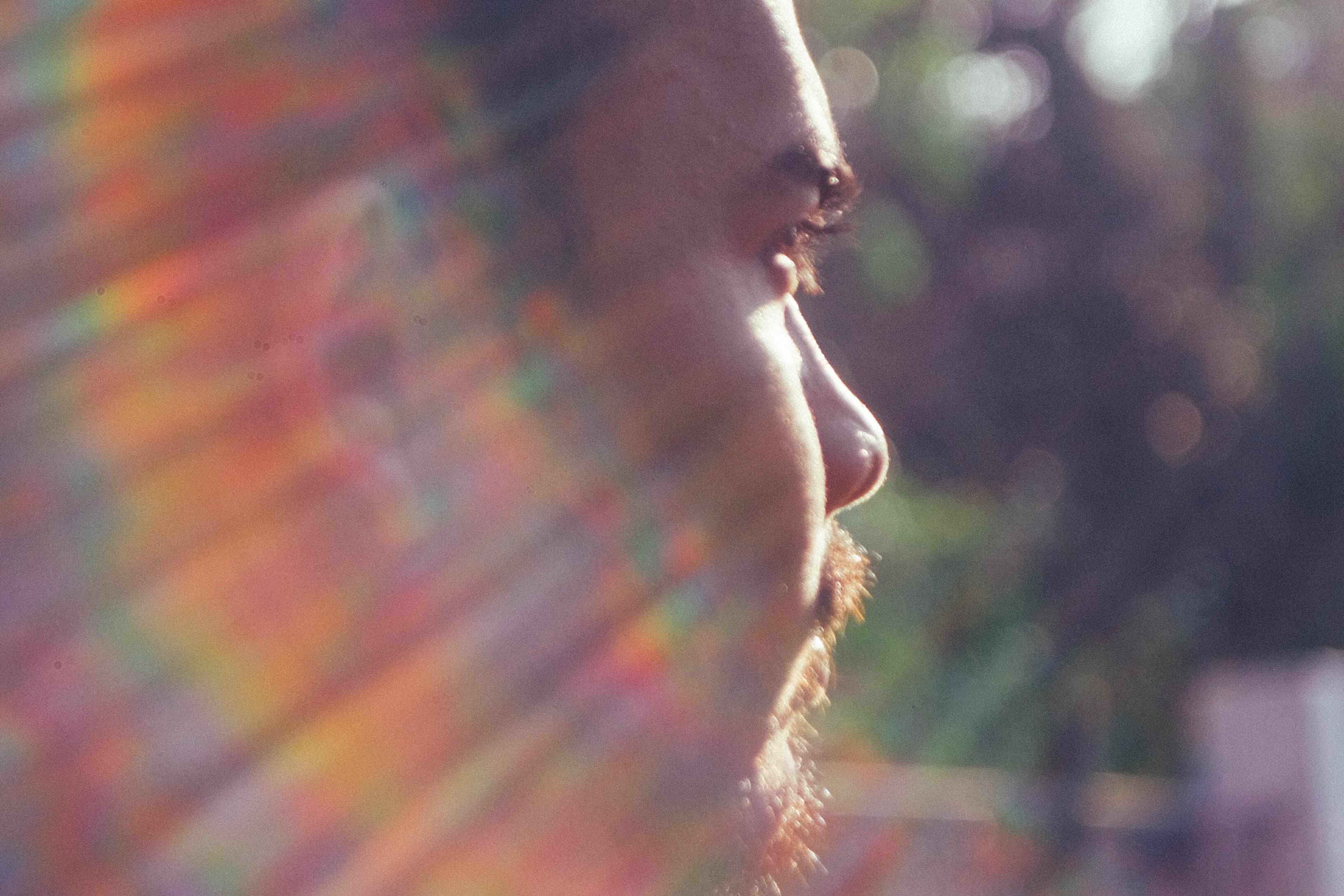
Case reports suggest psychedelics might reverse aphantasia (a lack of mental imagery), but is that necessarily a good thing?
by Shayla Love
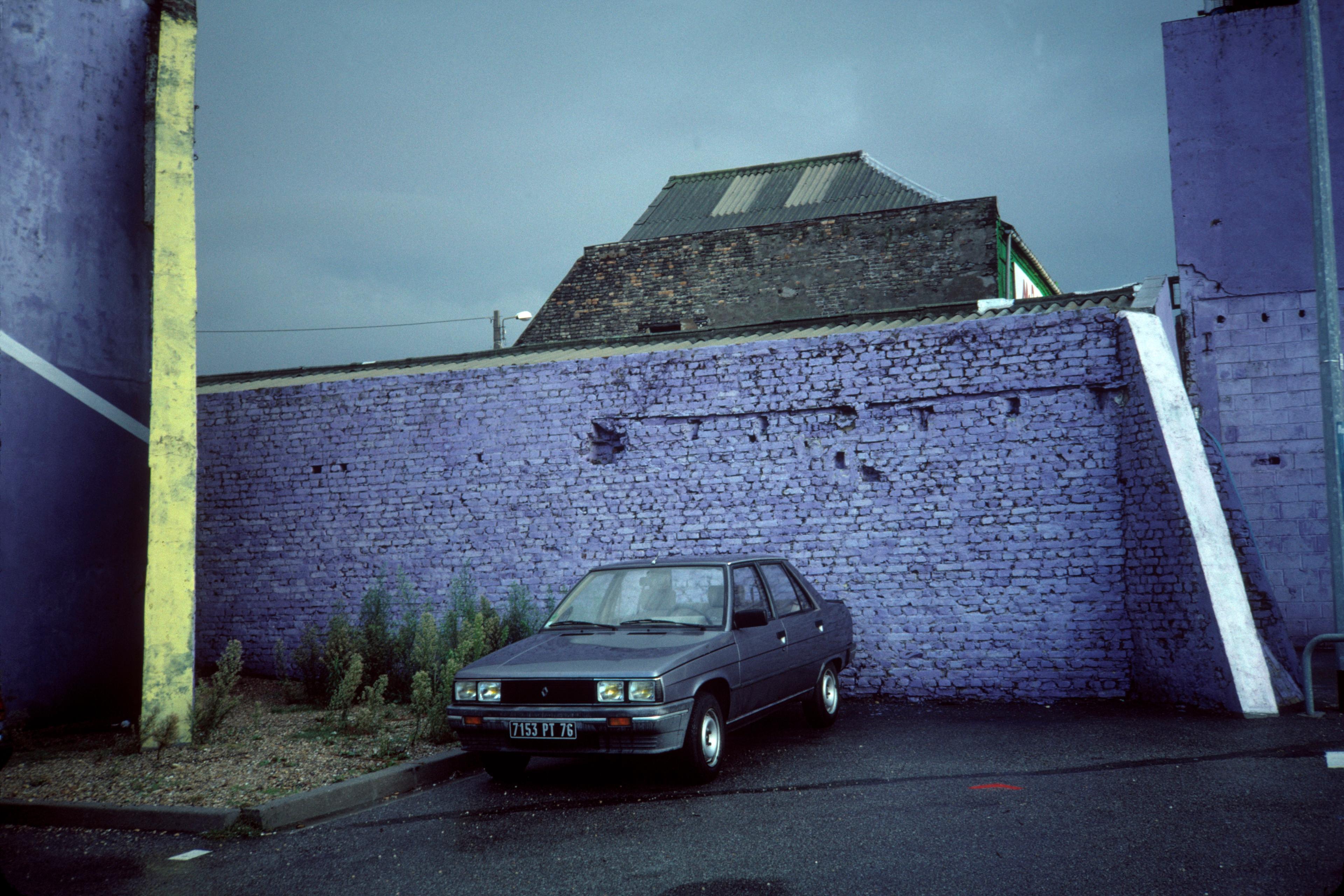
In terms of brain activity, imagining something is very similar to seeing it, so why don’t you confuse the two more often?
by Shayla Love
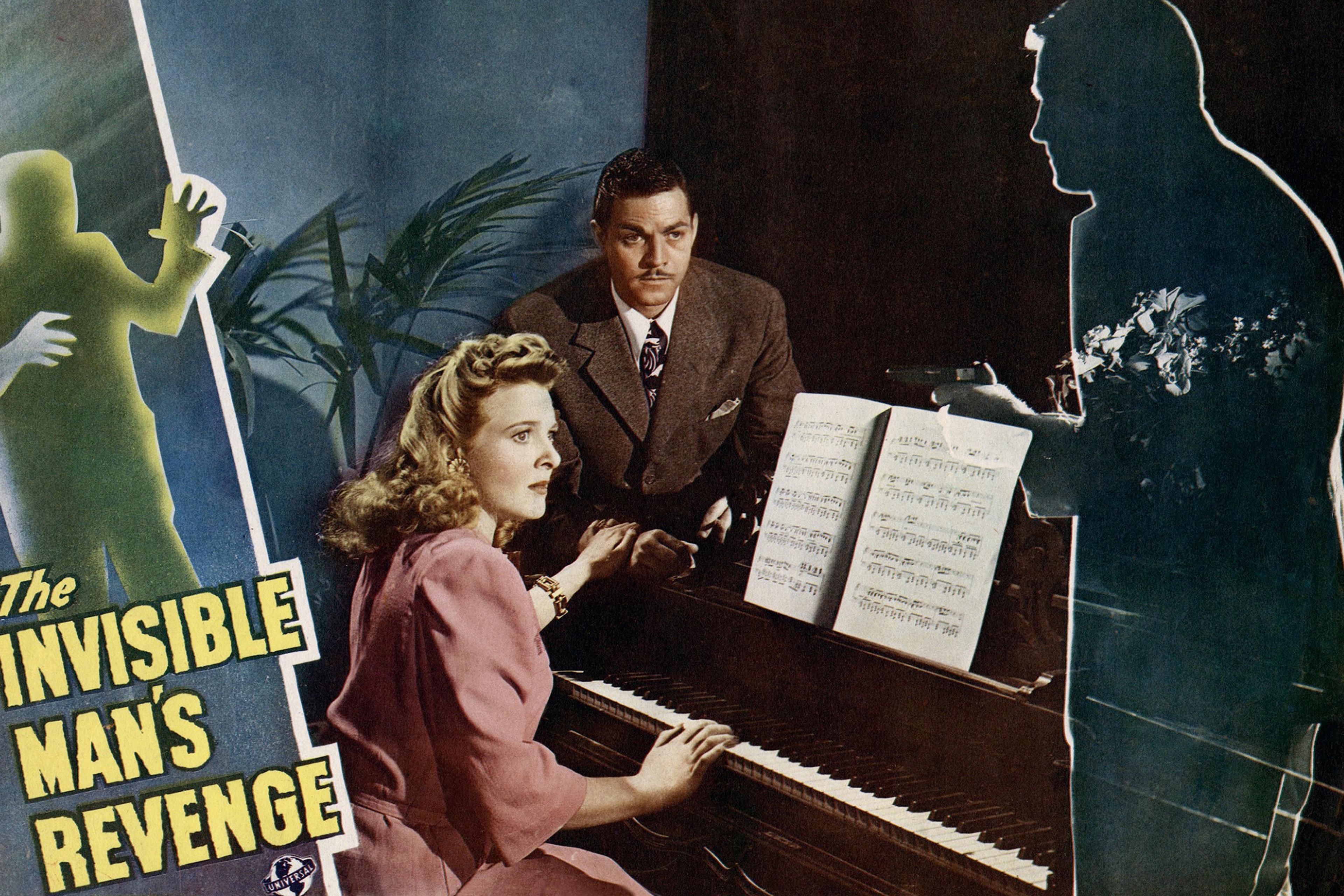
From ancient fables to the latest science theory, invisibility represents some of humankind’s deepest fears and desires
by Greg Gbur
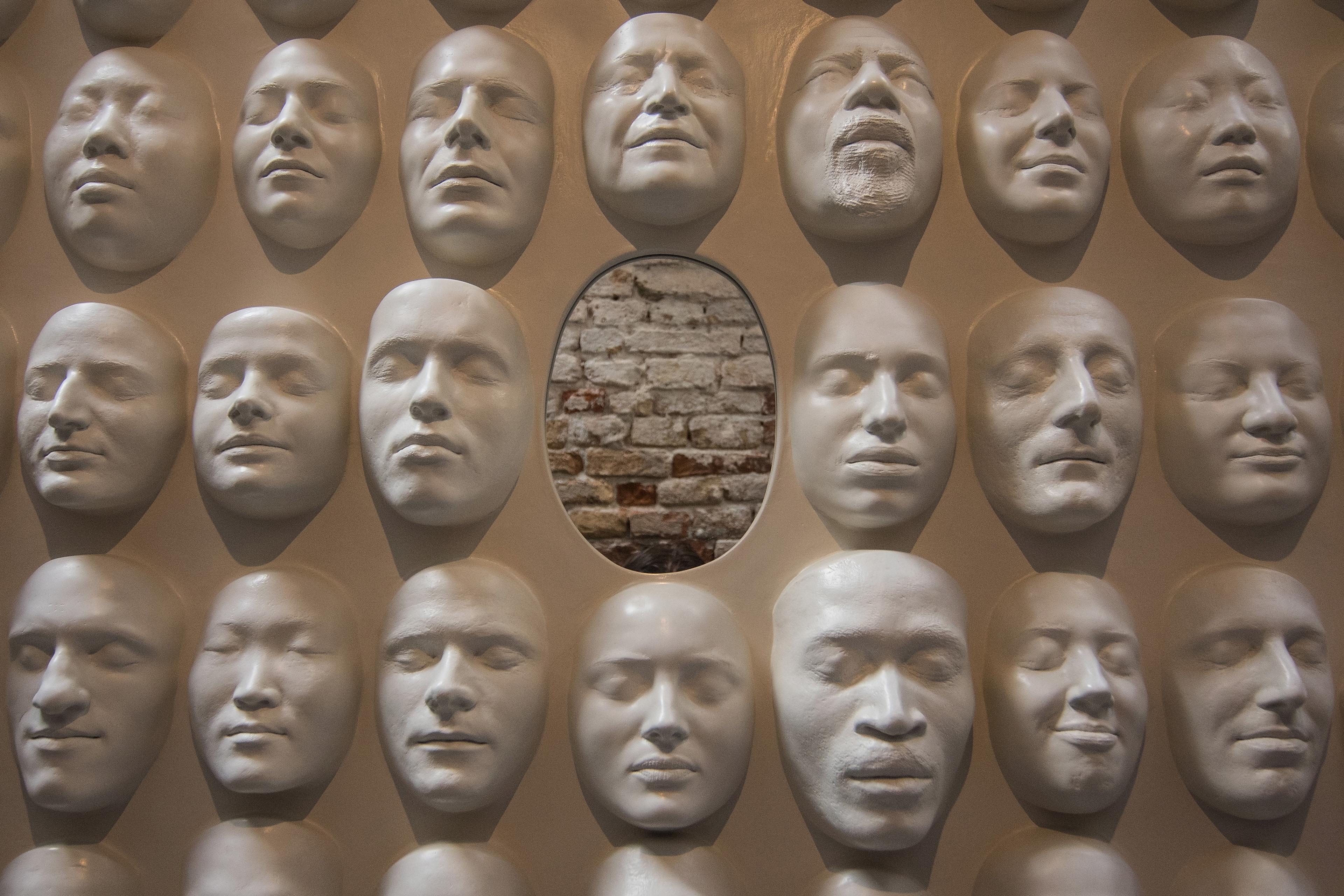
In the architecture of the mind, is imagination a built-in structural feature or a result of cognitive remodelling work?
by Michael Omoge
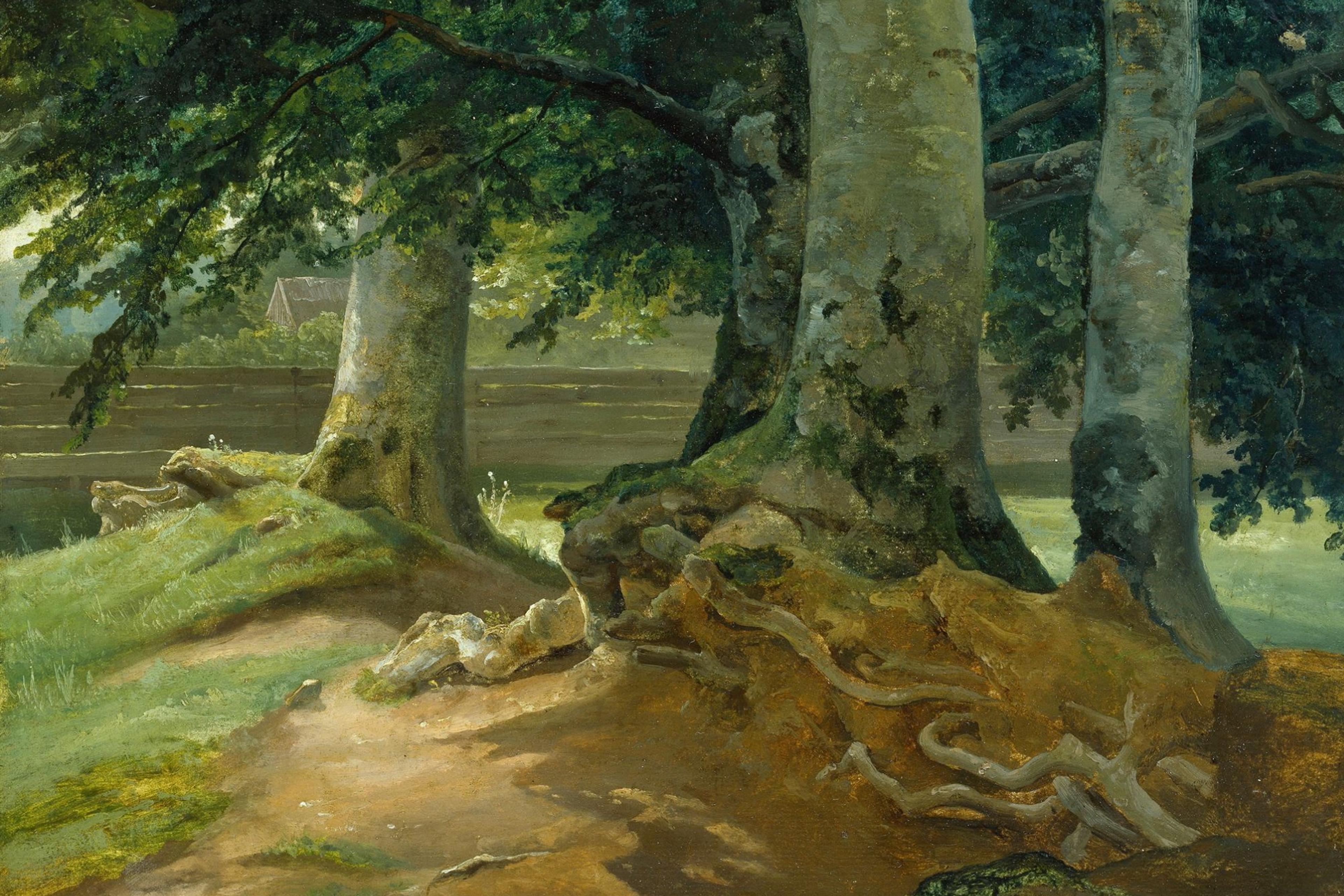
Aphantasia veils the past and the future from the mind’s eye. That can be a gift to philosophers like Derek Parfit and me
by Mette Leonard Høeg
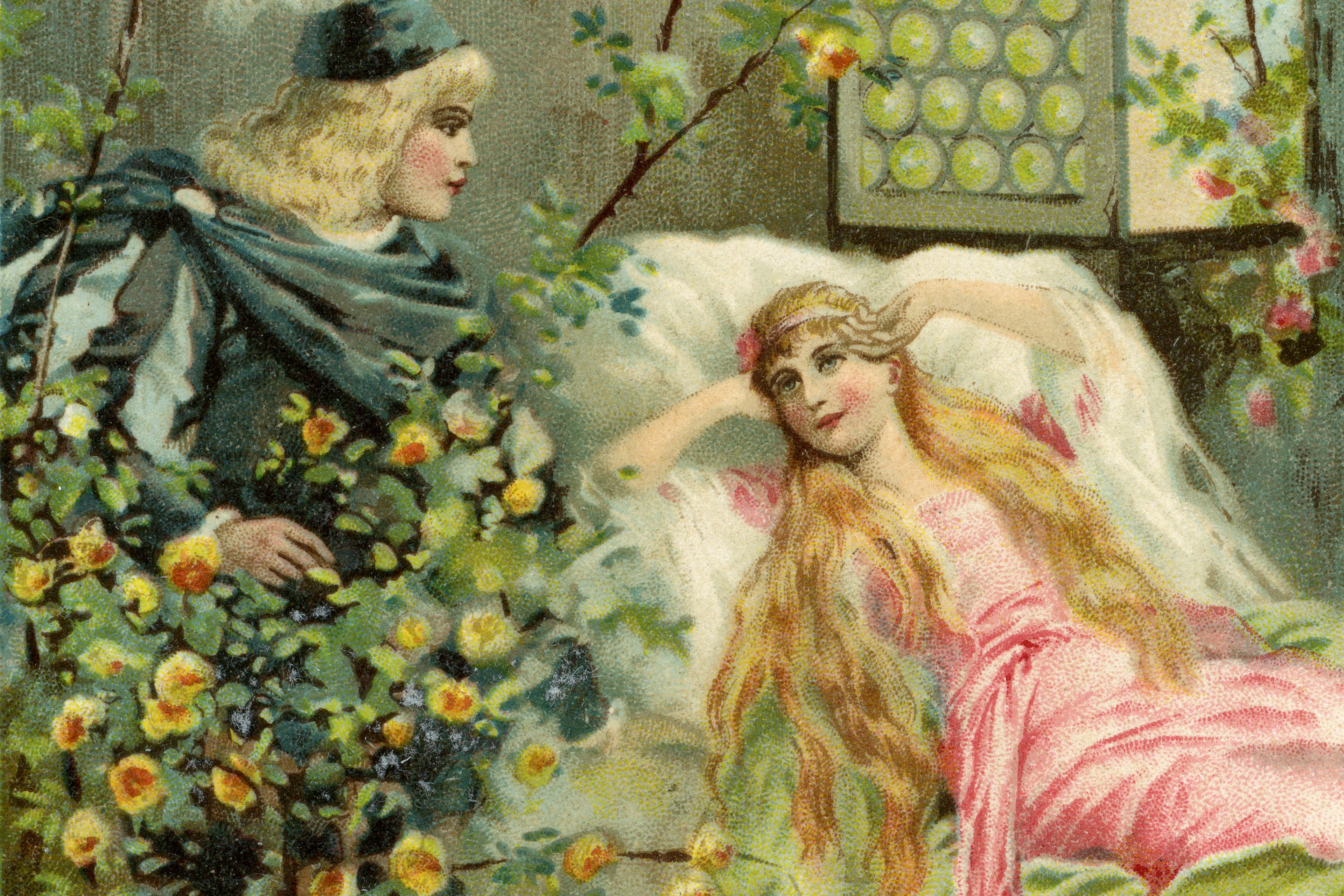
Snow White, Rapunzel, Cinderella – the old fairy tales are full of female lust and hope, and most were told by women
by Christine Lehnen
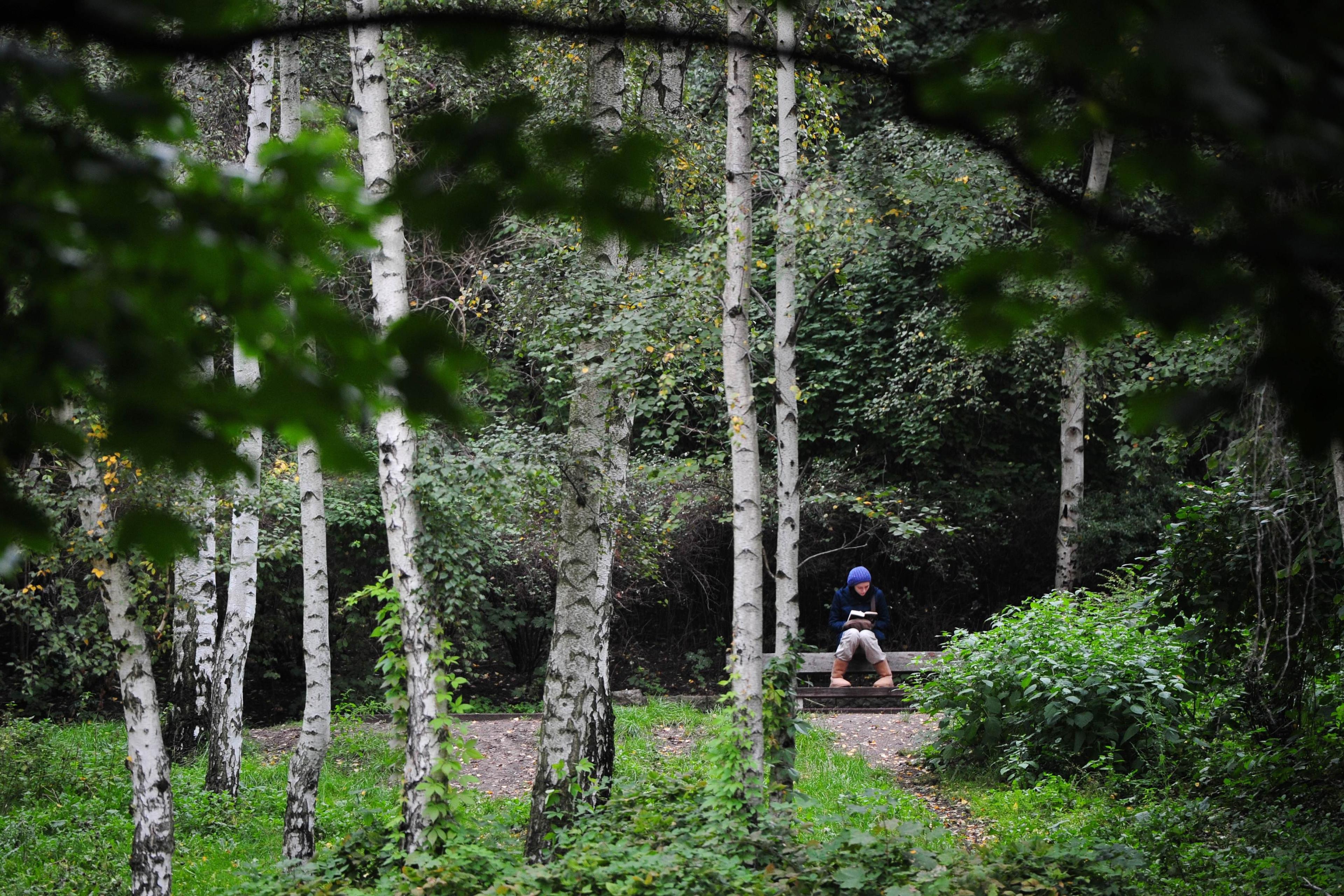
Fiction is not quarantined from reality, as experts have long proposed. There is constant trade between the two worlds
by Daniele Molinari, Valentina Petrolini & Wolfgang Huemer
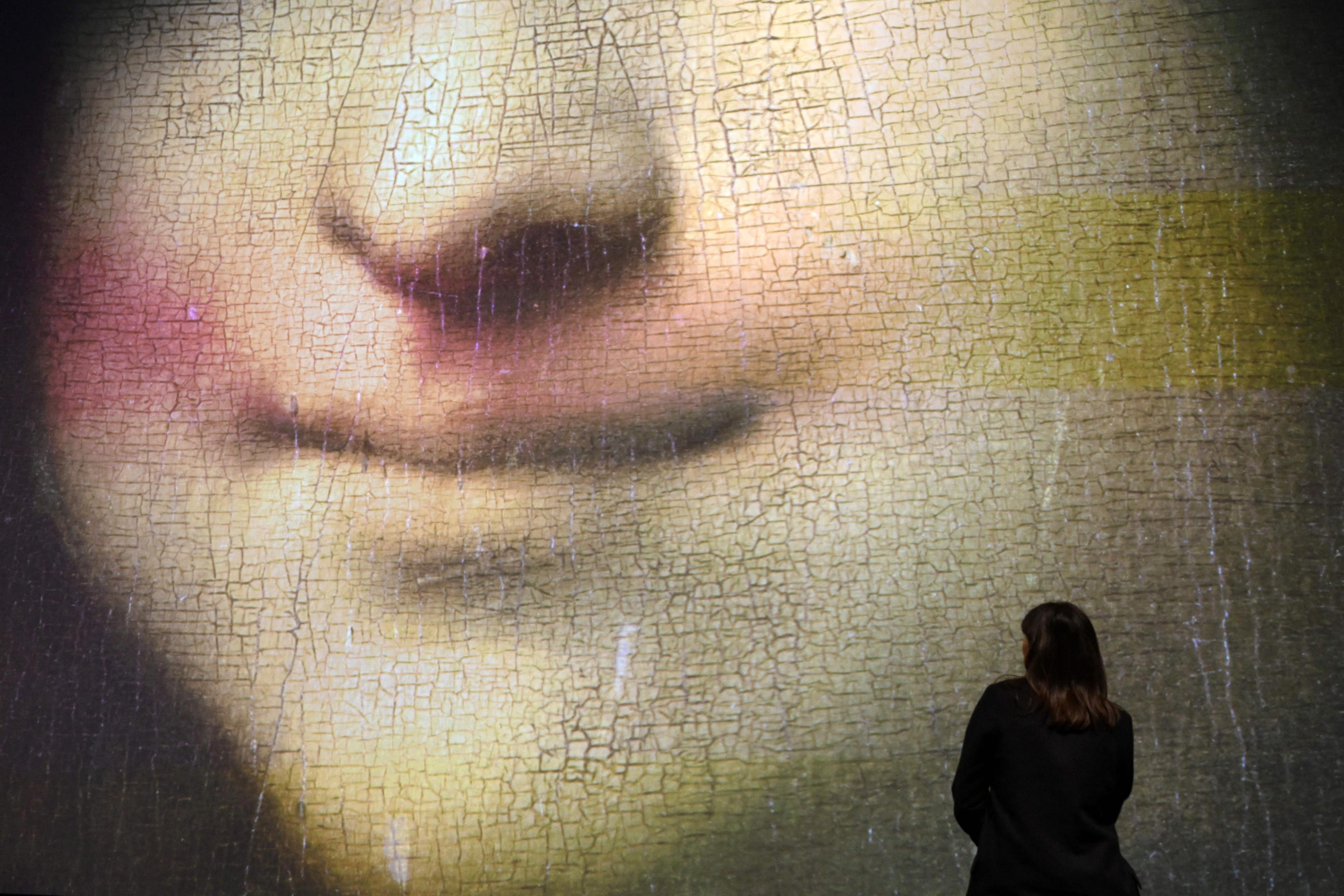
When you engage with an artwork, a form of cognitive coupling takes place in which your mind and the art are transformed
by Miranda Anderson

Directed by Sasha Svirsky

A film by Ryan Larkin
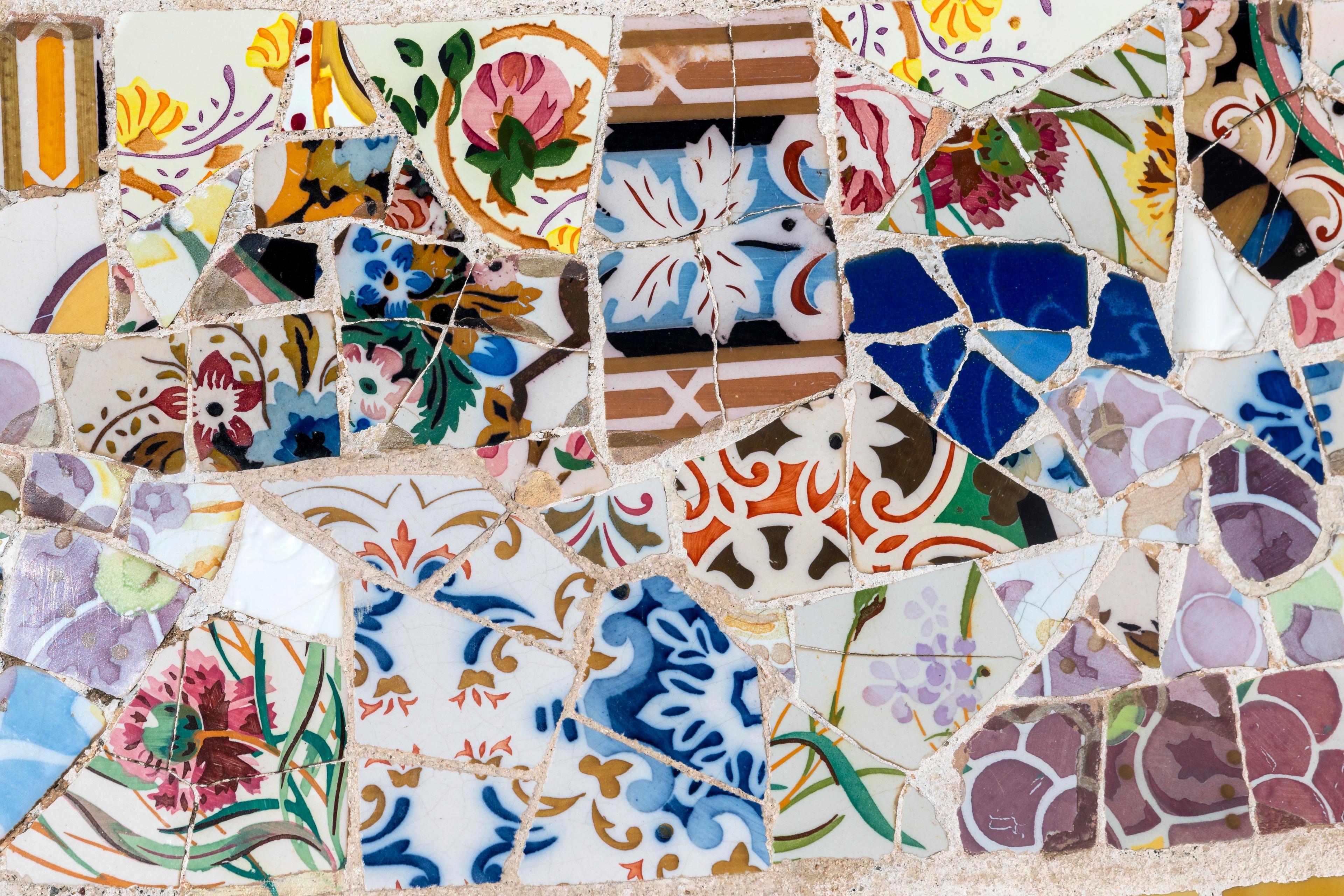
Let’s ditch talk of computers and bank accounts. Positive mind-metaphors emphasise our embodied inter-connectedness
by Anna Katharina Schaffner